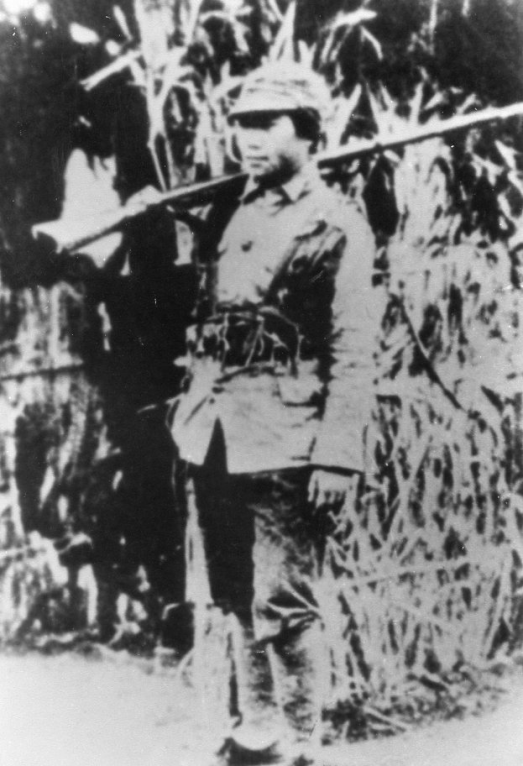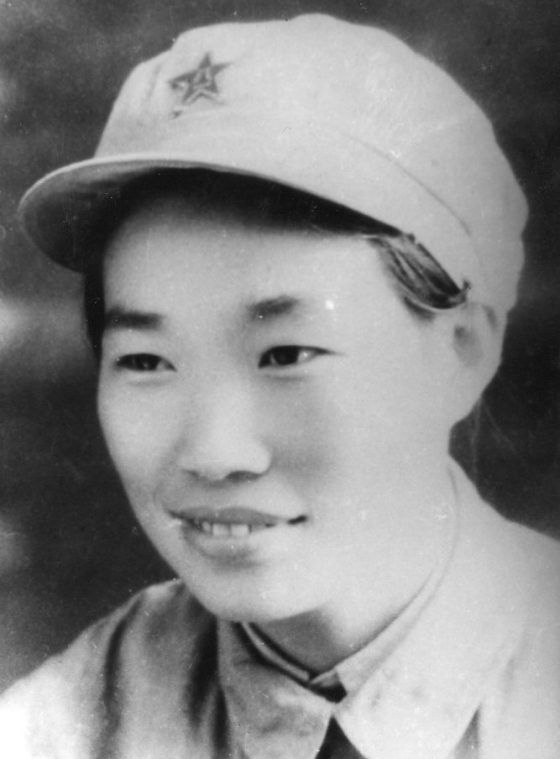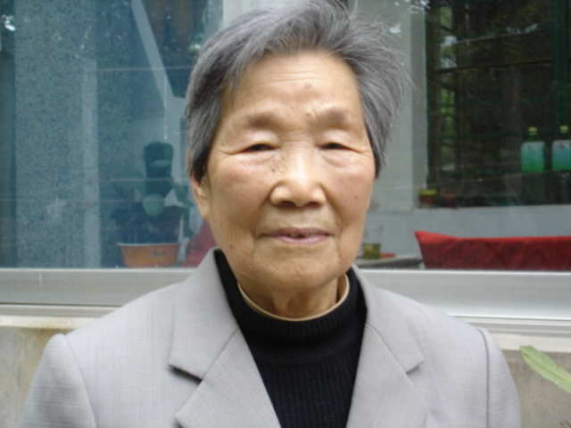From Maoshe Primary School to a Life of Service and Resistance: Mou Guifang’s Story
Mou Guifang (1924–2021), also known as Shi Yi, was a native of Maoshe. While studying at Maoshe Primary School, she took part in anti-Japanese publicity activities. In 1938, she was selected to receive training with the New Fourth Army in southern Anhui, later working in an army hospital. She joined the Communist Party of China in 1940. When her unit's northward advance was blocked, she cared for over 100 wounded soldiers for more than six months in the reed marshes of Changdang Lake while under siege by Japanese troops—an experience that inspired the character Xiao Ling in the film Shajiabang. After the victory in the War of Resistance Against Japan, she moved north to Shandong with the troops and fought in various regions. After the founding of the People’s Republic of China, she was transferred to the Ministry of Health, and later served as Deputy Director of the Anhui Provincial Family Planning Commission.

Excerpts from Mou Guifang's MemoirsI endured childhood domestic abuse and longed to leave home. In 1935, after Lin Mufu became Maoshe Primary School's principal, I received Party education there, learned patriotism, joined anti-Japanese propaganda, and resolved to resist Japan.
In late 1938, I walked to southern Anhui to join the New Fourth Army. After mistakenly entering a Kuomintang station, I was received by Mao Zequan and trained for six months at the Army Headquarters. Despite my youth and errors, I persisted and was assigned to a health team.
In 1939, I transferred to the rear hospital. After the Southern Anhui Incident, I was tasked with caring for more than 100 wounded soldiers hiding in the reed marshes of Taihu Lake for over half a year. I only learned that I was Xiao Ling's prototype in 1972.

Later, I became Material Supply Section Head. Lin Mufu once visited me but died soon afterward—I was unable to attend his funeral due to blockades. I joined the Party in 1940, renamed myself “Shi Yi” in 1943 to avoid family, and tried inviting Mou Ruilan to join me, but she was betrayed after her identity was exposed. After Japan's surrender, I moved north for the Huaihai Campaign, providing medical care for seven days and nights without sleep. In 1952, I was transferred to the Ministry of Health in Beijing, later serving as Deputy Director of the Anhui Provincial Family Planning Commission.
